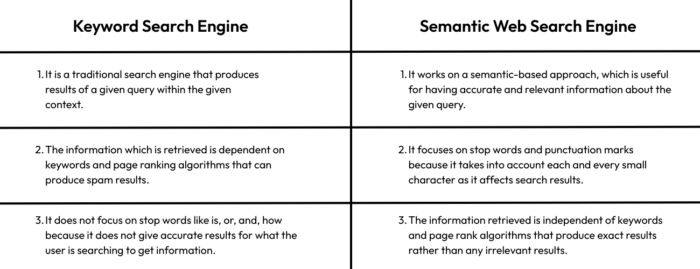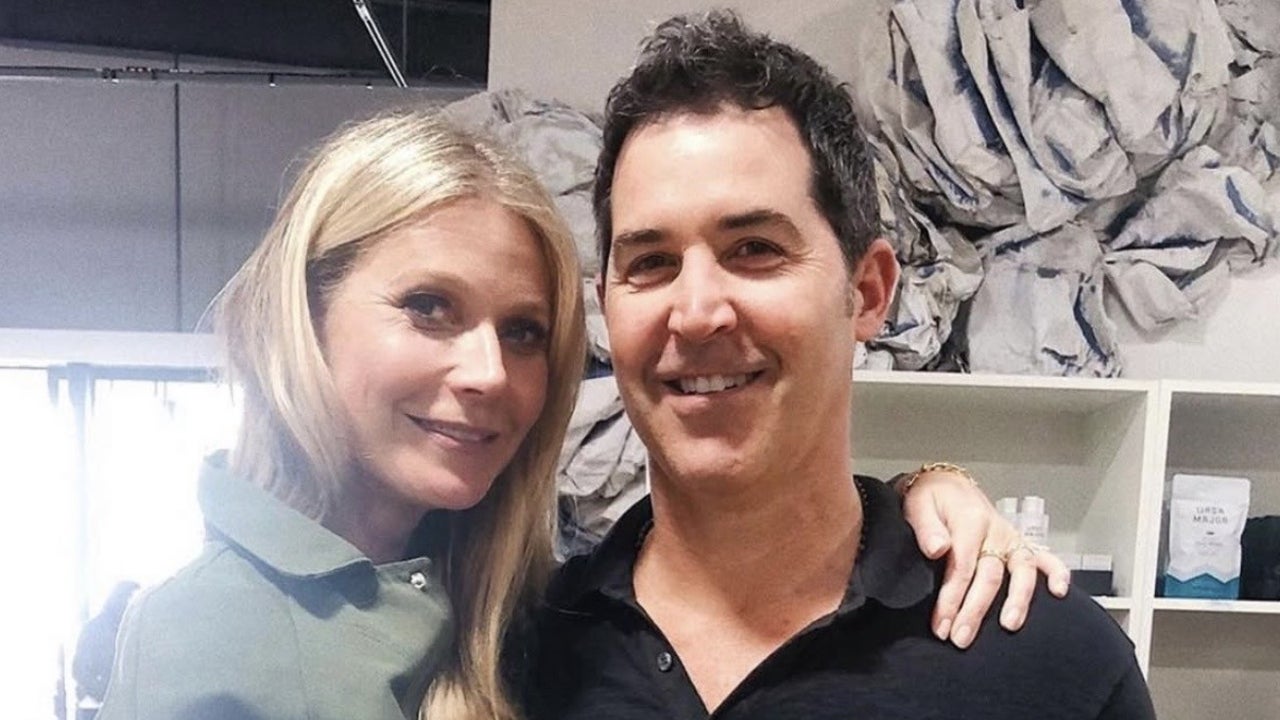Harvard has $2.2 billion in grants frozen by Trump administration after rejecting demands
The Trump administration has zeroed in on colleges in a crackdown on diversity, equity and inclusion programs in the United States.

A person runs past Dunster House at Harvard University in Cambridge, Massachusetts, March 17, 2025.
Scott Eisen | Getty Images
The Trump administration on Monday night said it was freezing $2.2 billion in grants to Harvard University over concerns about antisemitism on campus and other issues.
The freeze was announced hours after Harvard flatly rejected demands by the Trump administration to eliminate its DEI programs and screen international students for ideological concerns, including antisemitism, putting nearly $9 billion in federal funding for the university at risk.
"No government — regardless of which party is in power — should dictate what private universities can teach, whom they can admit and hire, and which areas of study and inquiry they can pursue," Harvard President Alan Garber wrote in a note to the university community detailing his reasons for not complying with the demands.
"Although some of the demands outlined by the government are aimed at combating antisemitism, the majority represent direct governmental regulation of the 'intellectual conditions' at Harvard," Garber said.
The U.S. General Services Administration and Department of Education responded with a statement detailing the freeze of $2.2 billion in multi-year grants and $60 million in multi-year contract value to Harvard.
"Harvard's statement today reinforces the troubling entitlement mindset that is endemic in our nation's most prestigious universities and colleges – that federal investment does not come with the responsibility to uphold civil rights laws," the federal agencies said.
"The disruption of learning that has plagued campuses in recent years is unacceptable. The harassment of Jewish students is intolerable," the agencies said. "It is time for elite universities to take the problem seriously and commit to meaningful change if they wish to continue receiving taxpayer support."
A Harvard spokesman pointed CNBC to Garber's earlier statement when asked about the grant and contract freeze.
The spokesman highlighted Garber's comment: "For the government to retreat from these partnerships now risks not only the health and well-being of millions of individuals, but also the economic security and vitality of our nation."
Garber also said that the federal government, for nearly a century, has provided grants and contracts to Harvard, which have led to "groundbreaking innovations across a wide range of medical, engineering, and scientific fields."
Harvard is potentially better positioned to fight financial pressure from President Donald Trump and his administration to comply with demands for changes on its Cambridge, Massachusetts, campus.
The university has a $53 billion endowment, more than $10 billion higher than the second-largest endowment, at Yale University.
Trump in a Truth Social post Tuesday morning wrote, "Perhaps Harvard should lose its Tax Exempt Status and be Taxed as a Political Entity if it keeps pushing political, ideological, and terrorist inspired/supporting 'Sickness?' Remember, Tax Exempt Status is totally contingent on acting in the PUBLIC INTEREST!"
Read more CNBC politics coverage
The Trump administration, in a letter Friday to Harvard, demanded the university eliminate its diversity, equity, and inclusion programs, and called for screening international students for purported support of terrorism, antisemitism, and hostility to "the American values and institutions inscribed in the U.S. Constitution and Declaration of Independence."
Earlier Monday, Harvard tweeted, "The university will not surrender its independence or relinquish its constitutional rights."
"Neither Harvard nor any other private university can allow itself to be taken over by the federal government," the tweet said.
Lawyers for Harvard in a separate letter Monday said that the university has taken steps to fight antisemitism.
"Harvard remains open to dialogue about what the university has done, and is planning to do, to improve the experience of every member of its community," the attorneys wrote.
"But Harvard is not prepared to agree to demands that go beyond the lawful authority of this or any administration."
One of the lawyers representing Harvard is Robert Hur, who, as a Department of Justice special counsel, investigated former President Joe Biden's handling of classified documents.
Hur was appointed by Trump in 2017 to serve as U.S. Attorney for Maryland.
Harvard's other lawyer, William Burck, serves as an outside ethics advisor for the Trump Organization and i global co-chair of law firm Quinn Emanuel LLP.
The White House had suggested earlier Monday that it would now cut off funding for Harvard.
"[Trump] is working to Make Higher Education Great Again by ending unchecked anti-Semitism and ensuring federal taxpayer dollars do not fund Harvard's support of dangerous racial discrimination or racially motivated violence," White House Spokesperson Harrison Fields said in a statement.
"Harvard or any institution that wishes to violate Title VI is, by law, not eligible for federal funding," Fields said.
The White House has zeroed in on colleges and universities as part of its crackdown on DEI programs nationwide since Trump regained office in January.
The Trump administration earlier this year cut $400 million in funding for Columbia University over its handling of the pro-Palestinian protests that erupted on campus.
Columbia University acquiesced to many of the White House's demands.
The White House said last week that it had halted more than $1 billion in federal funding for Cornell University and roughly $790 million for Northwestern University.
Former President Barack Obama, in a tweet Monday night, wrote: "Harvard has set an example for other higher-ed institutions – rejecting an unlawful and ham-handed attempt to stifle academic freedom, while taking concrete steps to make sure all students at Harvard can benefit from an environment of intellectual inquiry, rigorous debate and mutual respect."
"Let's hope other institutions follow suit," Obama added.

 FrankLin
FrankLin 
































